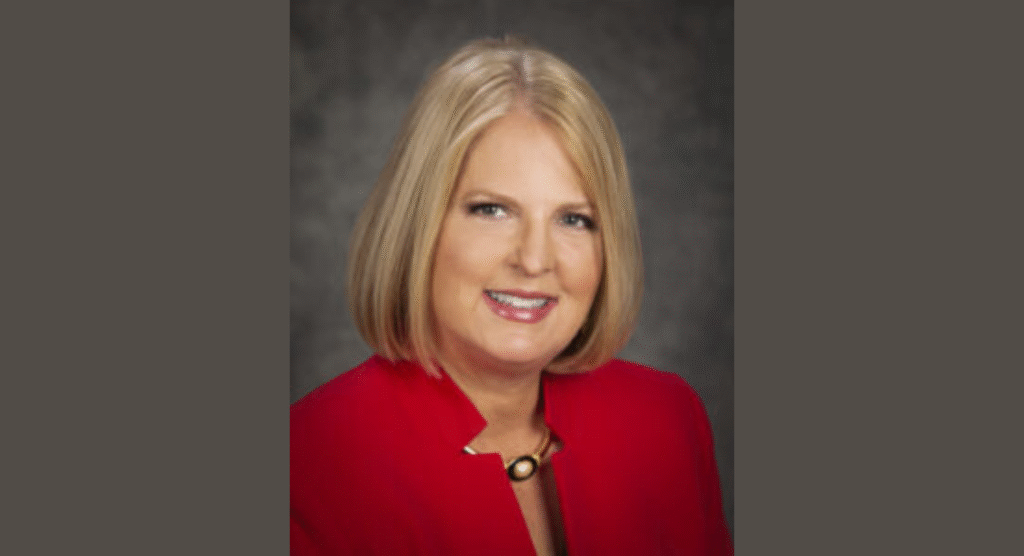
Official photo
Key Points
By Christine Moore, Orange County District 2 Commissioner
As a lifelong learner, I’m reading for the second time Richard Florida’s book, “Who’s Your City?” If you aren’t familiar with Florida, he is a prominent urban theorist, author, and professor. He is well known for his theories on the “creative class” and its role in downtown regeneration and economic development.
I found Florida’s Chapter 10 as the most applicable to the city of Apopka. Florida starts with discussing the famous psychologist Abraham Maslow’s concept of the hierarchy of needs, which Maslow says must be met before people can be fulfilled.
People must experience physical and economic security. This includes a safe community, strong economy, and the availability of good paying jobs.
The second area is basic services. Basic services to Maslow include good schools, availability of healthcare, affordable or attainable housing, adequate roads and public transportation.
The third category is leadership. This includes the quality and effectiveness of elected and unelected leaders (business and civic) and the opportunity for public and engagement.
The fourth area, according to Maslow, is “openness.” Good leaders demonstrate a level of acceptance for others, which means families with children, ethnic and racial minorities, seniors, etc.
The fifth area is aesthetics. He believes physical beauty, amenities, and cultural offerings in a community are key to people’s overall sense of satisfaction and quality of life.
Many times, after I post something about Corridor of the Year or a public art project, someone replies, “forget all of that and just give me more road capacity.” I’m not always as patient as I would like, and I have replied, “I can walk and chew gum.” While not the kindest answer, there is truth that leaders must lead while cognizant of Maslow’s basic needs, which include both good transportation networks and aesthetics.
Richard Florida also uses a “place and happiness survey” to identify seven factors critical to city satisfaction. They include: 1) a good place to raise a family, 2) a community where it is easy to meet people and make new friends, 3) a community with physical beauty, 4) an area with good or high performing schools, 5) great parks, 6) quality open space, and 7) an environment conducive and productive for entrepreneurs and new businesses.
Residents should expect their community to meet basic needs and not have to worry about trash pickup, utilities, or physical safety. But to truly experience a high quality of life, aesthetics and openness are also critical.
Florida posits three clusters to focus on for improvement. First, things which make a community smart and vibrant. These include proximity of a university, arts and culture, vibrant nightlife, and places for college grads, singles, entrepreneurs, and artists.
Second, Florida believes in the importance of efforts around aesthetics and livability. These concepts are made up of physical beauty, parks, open space, playgrounds, trails, climate, and air quality.
Lastly, equity. Equity includes manageable traffic patterns, affordable housing, and a good place to live for seniors and lower income families.
Suggested Articles
No related articles found.



While Ms. Moore recognizes Abraham
Maslow she is missing his focus in that 5 step pyramid is for human motivation, not for public consideration.
Maslow talked about personal needs not group help. She seems to take an artistic license when explaining Maslow.
1. Physiological Needs. Basic survival
2. Safety needs
3. Love and belonging
4. Esteem needs
5. Self actualization ( fulfillment of personal potential, creativity, and self growth.)
These are Maslow’s theory.
The leadership in Apopka has continually failed to do what they know Apopka residents have asked for. The City of Apopka is a relic of the past.